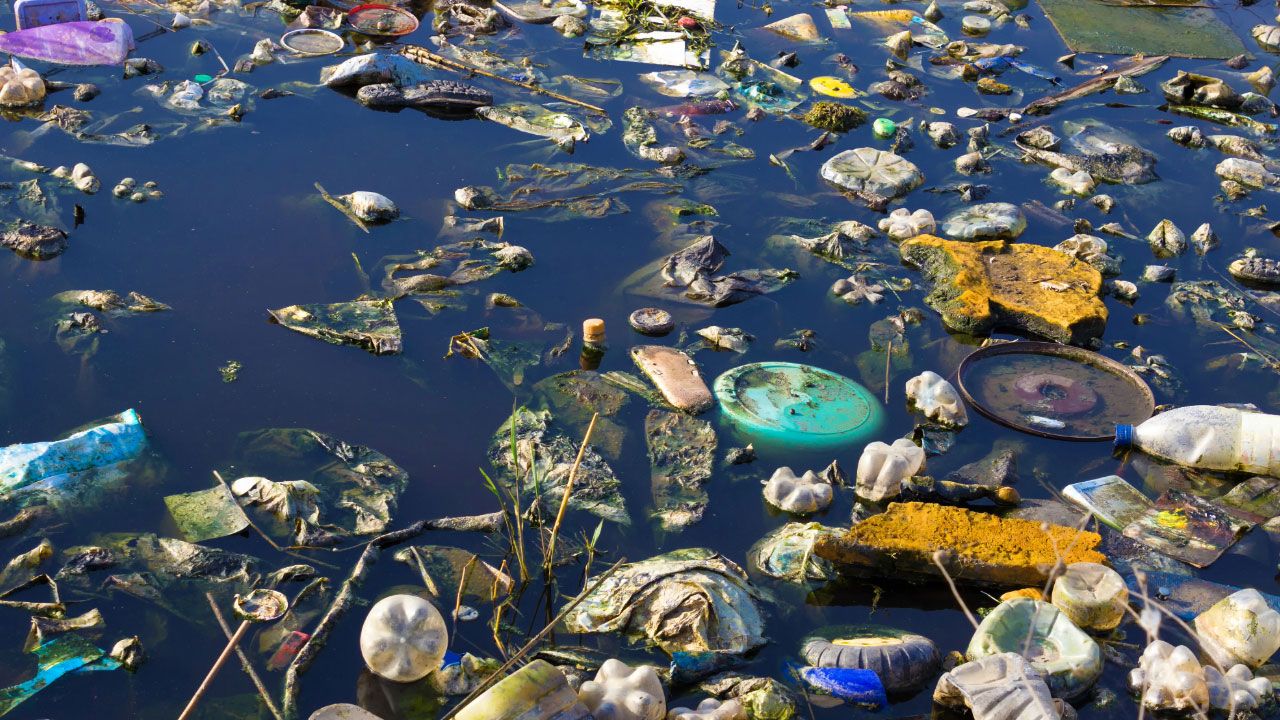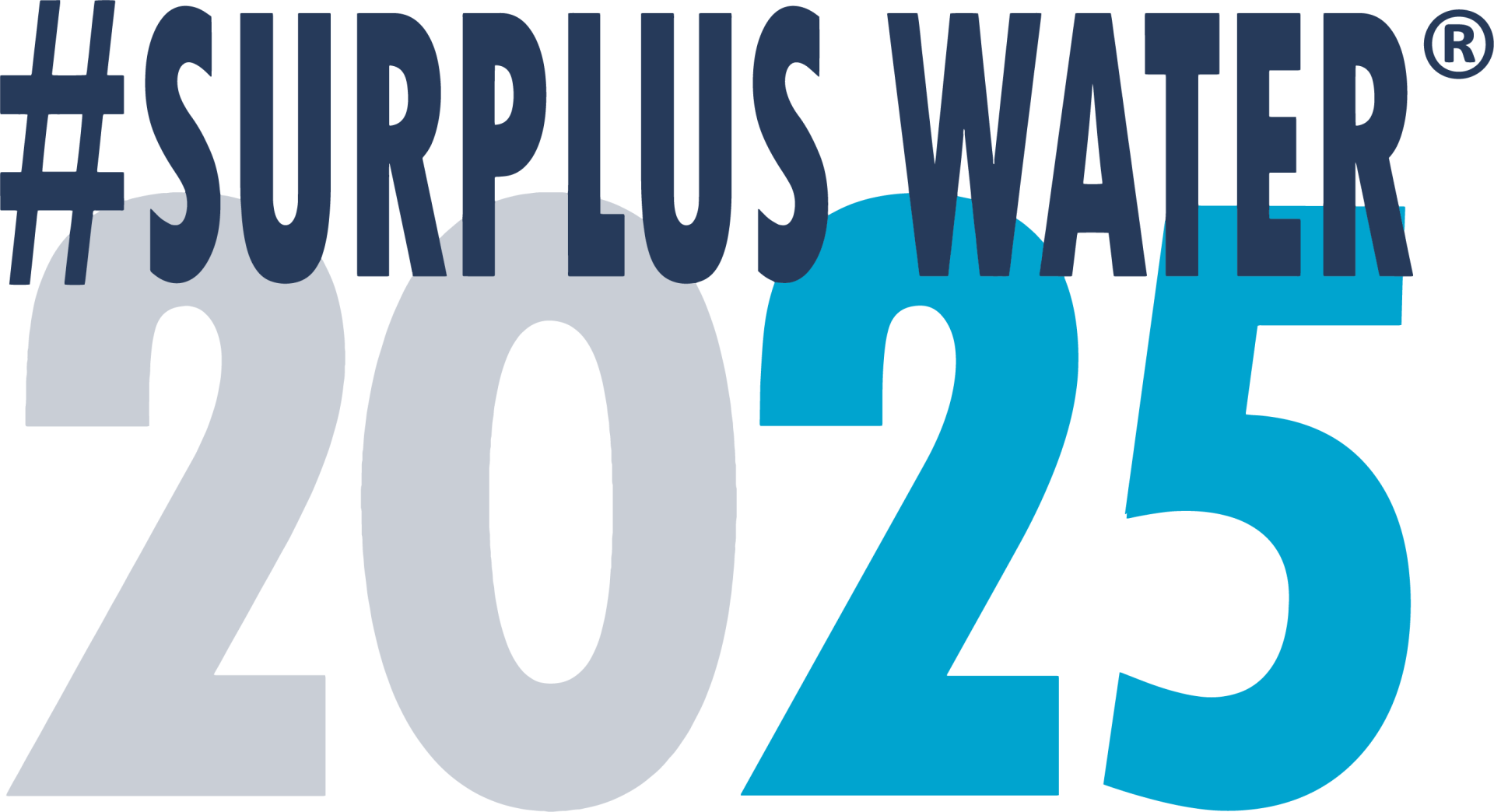How exactly does keeping rivers clean help save water?
Jan 17
/
#SurplusWater2025

Exploring the Link Between River Cleanliness and Water Preservation
Pure, healthy rivers aren't just a scenic postcard – they're the lifeblood of our planet and prosperity. Protecting them from pollution isn't just about safeguarding drinking water, it's about a thriving ecosystem, cost savings, and future-proofing our communities. Here's how:
1. Preservation of Water Quality
Pollution in rivers can come from various sources, including industrial discharges, agricultural runoff, and improper disposal of waste. These pollutants can contaminate the water, making it unsafe for consumption and other uses.
Cleaning rivers helps to maintain and improve water quality, ensuring that the water remains suitable for various purposes such as drinking, irrigation, and industrial processes.
2. Protection of Ecosystems
Aquatic ecosystems in rivers are highly sensitive to changes in water quality. Pollutants can harm aquatic plants, animals, and microorganisms, disrupting the balance of the ecosystem.
By keeping rivers clean, you help protect the biodiversity and ecological balance of aquatic habitats. Healthy ecosystems contribute to the natural filtration of water and the maintenance of sustainable water cycles.
3. Reduction of Treatment Costs
When rivers are polluted, the water treatment process becomes more challenging and expensive. Water treatment plants must invest more resources in removing pollutants to meet quality standards.
Clean rivers reduce the need for extensive water treatment, which, in turn, reduces the overall costs associated with providing safe and clean water to communities.
4. Sustainable Water Supply
Many communities rely on rivers as a primary source of freshwater for drinking and irrigation. If pollution continues unchecked, it can lead to the depletion of safe and accessible water sources.
Cleaning rivers ensures a more sustainable and reliable supply of freshwater for communities, agriculture, and industries. This is particularly important in regions where water scarcity is a growing concern.
5. Prevention of Contamination Downstream
Rivers flow into larger water bodies, such as lakes and oceans. If pollution is not addressed upstream, it can lead to downstream contamination, affecting larger areas and ecosystems.
By keeping rivers clean, you prevent the downstream spread of pollutants, protecting not only the local water supply but also the broader environment.
6. Mitigation of Drought Impact
Clean rivers contribute to maintaining healthy watersheds, which play a crucial role in mitigating the impact of droughts. Healthy ecosystems help retain water, recharge aquifers, and sustain the overall water balance in the region.
Ultimately, caring for our rivers isn't just environmental action, it's an investment in our future. By keeping them clean, we secure not just beautiful landscapes, but healthy communities, vibrant ecosystems, and a resilient planet for generations to come.
Join a Clean-up near you.
Water Responsibility
The #SurplusWater2025 community believes that if we all do what we can, where we are, we ARE making an impact.
Gauteng
Western Cape
Two Oceans Aquarium has a monthly Trash Bash cleanup with dates for the rest of the year.
KZN
Adopt-a-River does regular river and beach clean-ups.
There are so many projects and people who are doing exactly that, with incredible results. Here are a few suggestions if you are looking for a clean-up near you:
Gauteng
If you are based in Gauteng, get in touch with the team at Hennops River Revival and join the #Riverlution for a cleanup day.
Western Cape
Two Oceans Aquarium has a monthly Trash Bash cleanup with dates for the rest of the year.
KZN
Adopt-a-River does regular river and beach clean-ups.
Earth Day 2024
Planet vs. Plastics
"For Earth Day 2024 on April 22nd, EARTHDAY.ORG is unwavering in our commitment to end plastics for the sake of human and planetary health, demanding a 60% reduction in the production of ALL plastics by 2040." Visit the Earth Day website for more information and to sign up.
Empty space, drag to resize
Join the conversation
Follow us on Facebook or Instagram for more Stories of Water and easy-to-adopt healthy water saving habits. Together we can do this!
Empty space, drag to resize
Who we are
A community of water warriors, working together to raise water awareness, saving every drop and together, aiming for surplus water in South Africa.
Get in touch
-
South Africa, Earth :)
-
droppie@surpluswater2025.com
#SurplusWater2025 Copyright © 2026
